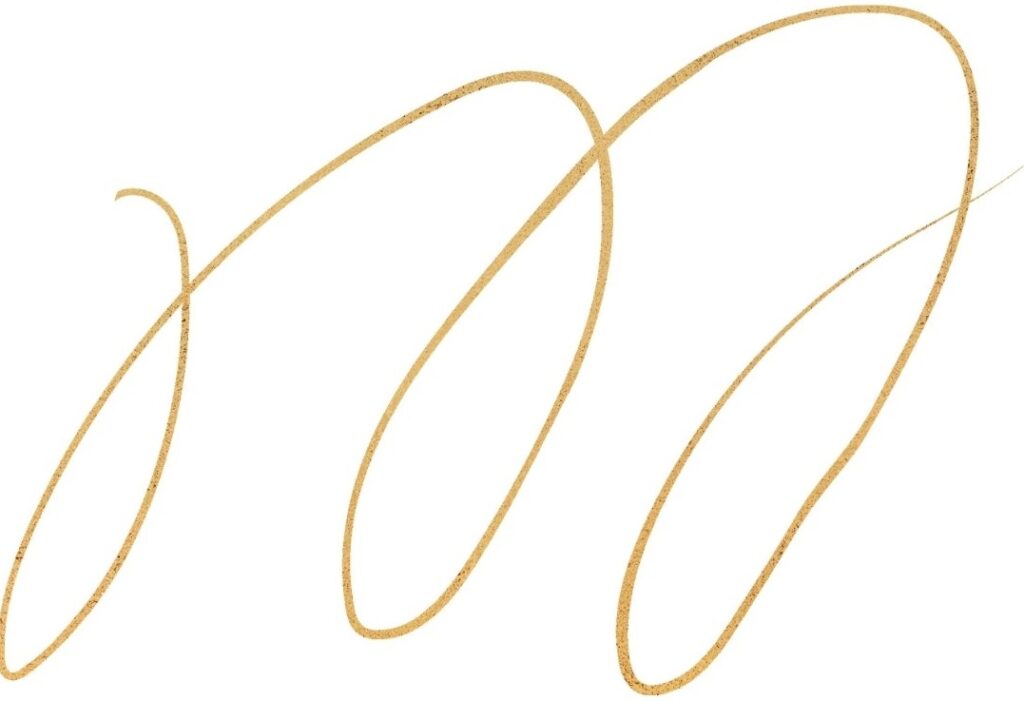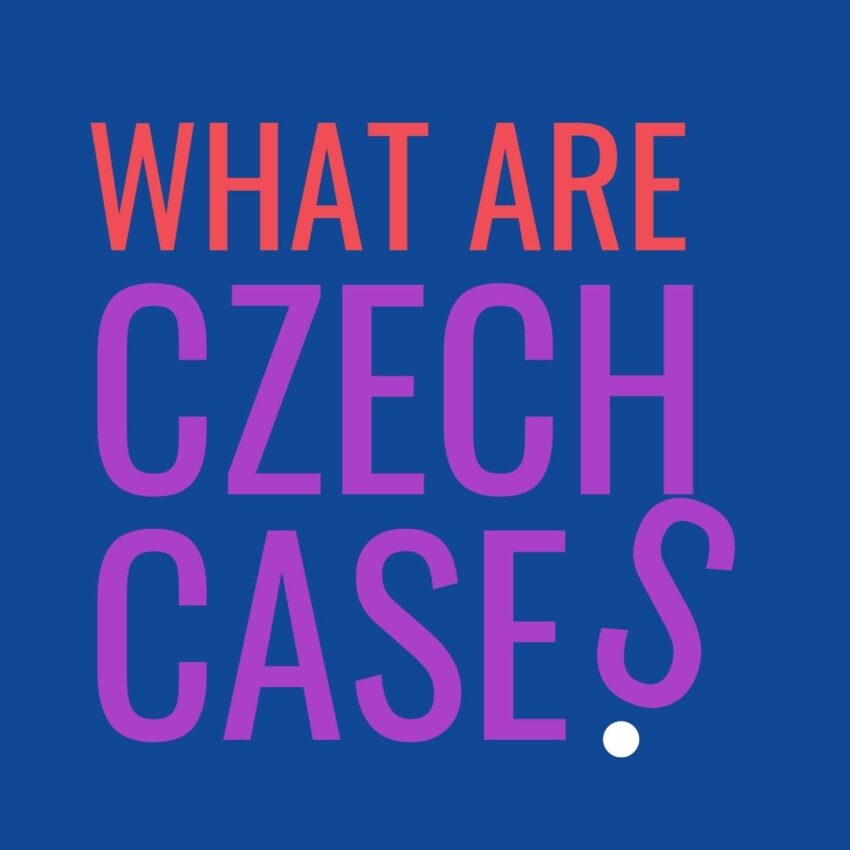One of the biggest difficulties for non-Slavic students is cases. To put it very simply, the case of a noun shows how it is related to other words in the sentence. Many languages have cases, even English, but they are not that noticeable. Let’s imagine a phrase that consists of words “without” cases: lamp table. Basically, the meaning of the sentence is clear, even though it is incorrect – we are talking about a lamp and a table, and they are somehow connected. Perhaps, it’s just a simple listing: look, here is a lamp, and here is a table. Or maybe the lamp is located somewhere – maybe “on” the table, or maybe “under” the table. In English, it is important to know only the preposition, but in Czech this is not enough. The forms of the words, most often the endings of the words, depend on the relations between lampa (lamp) and stůl (table). Of course, in Czech you can also say “lampa stůl”, and Czechs might even understand you – but this will make your communication way more complicated.
Do you want to study at the best Czech universities for free?
You only need to do two things for this – learn Czech and prepare well for the entrance exams. All this can be done on ILPS preparatory courses of Charles University – we prepare for admission in almost all fields. Click the banner
Meaning of Cases In Czech
The Czech language has 7 cases, and now we are going to take a look at how they work.

The first case to be covered is the nominative. Think of it as if you have already learned this case for all words, since this is the dictionary form of a word. The way a word is spelled in dictionaries is how it is spelled in this case. A word that is in this case is the most important, it is the subject that performs the action.
For example: lampa stojí – lamp stands.
Lampa is the main one here, and it stands.

The next case is accusative. Here, on the contrary, the word is the object – an action is performed on it.
For example: Vidím lampu – I see a lamp.
In this sentence, I am the main one, and lampa is just a passive object. In order to show that it is an object, we change the ending. It was lampa, and became lampu.

The next one is genitive. If you are reading this article, you should know English. Therefore, I will allow myself to compare this with the English language: this case is similar in meaning to the English ‚of‘.
For example: fotka lampy – the photo of a lamp.
Look – the ending has changed again, now it’s ‚y‘. The word in this case often follows prepositions do/into, od/from, or z/out of:
Světlo od lampy – Light from a lamp

For example: dej lampě – give it to the lamp.

Na lampě – on a lamp
V lampě – in a lamp

If you want to use an item as a tool and do something with it, you’ll need instrumental. For example, if you want to use a lamp as a lighting tool, the phrase “Light up a room with a lamp” would be:
Rozsvítit pokoj lampou.
This case often gives the meaning of by/with, and is also used after the prepositions s/with, za/behind/beyond or před/in front of.

The last case is vocative. Its only function is to address someone or something. For example, if you’re addressing a person named David, you can’t just say Ahoj, David! Well, you can, if David is not Czech. If David is Czech, he most likely will not turn to you, because he won’t understand that you are speaking to him. The correct version is: Ahoj, Davide! This way David will definitely turn to you.
You have thus figured out what the cases are needed for at all. And although there are only seven of them, it takes a lot of time for foreigners to memorize them.
Applications For Cases Learning
How to practice use of the cases? A couple of smartphone apps will help you.
The first one is called Pády – https://play.google.com/store/apps/details?id=com.pascalheitz.pady&hl=cs&gl=US
It works offline, with its help you will always have tables with cases at hand. In addition, you can choose to practice either all cases or only those that are the most difficult for you.
The second nice app is Czech declination: https://play.google.com/store/apps/details?id=com.jilan21cz.czechdeclension
There are no exercises in this app, but it has well-explained model words, adjectives, pronouns and numerals. There are also tables of verb changes.
Czech Language Courses
But classes with professional teachers of Czech are better than any exercises. There are two types of courses at the Institute of Charles University ÚJOP: intensive Czech courses, where you only learn the language, and one-year preparatory courses, which will not only help you to learn the language, but will also prepare you for the entrance exams of Czech universities.

